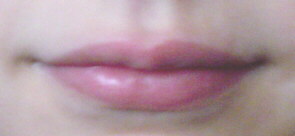To let all of the information we're coming across
in our readings resettle in my head, I'm finding a need to immerse myself in
the words of people's stories and experiences, the smaller the better. Three
resources that have been helpful to me are Vivian Paley's book White Teacher, the microaggressions
blog (http://www.microaggressions.com/about/), and Widening the Circle by Mara Sapon-Shevin.
Reading around in other non-assigned resources
seems to help me sort out my thoughts and feelings in a different, looser way.
I'm reading with no goal, and it's like mulling things over with honest
friends.
The microaggression blog
describes the damage that can be done by "slights," little comments
that are not the most agregious slurs, so might not seem all that harmful:
"Each
event, observation and experience posted is not necessarily particularly
striking in and of themselves. Often, they are never meant to hurt – acts done
with little conscious awareness of their meanings and effects. Instead, their
slow accumulation during a childhood and over a lifetime is in part what
defines a marginalized experience, making explanation and communication with
someone who does not share this identity particularly difficult."
People will misstep in the things they say, of course, but I think it is a person's not caring that their words have hurt someone that is the problem. "Political correctness" has a negative connotation, implying that people are thin-skinned and too quick to take offense. But I think we really need to care about the effect our words and actions have on other people - it seems like basic good manners, really. We don't need to fall on our swords for offending someone, but this kind of situation is a chance to practice getting better about talking about this stuff, and it's the right thing to do.
More later on Widening the Circle by Mara Sapon-Shevin, it's a wonderful book.

No comments:
Post a Comment